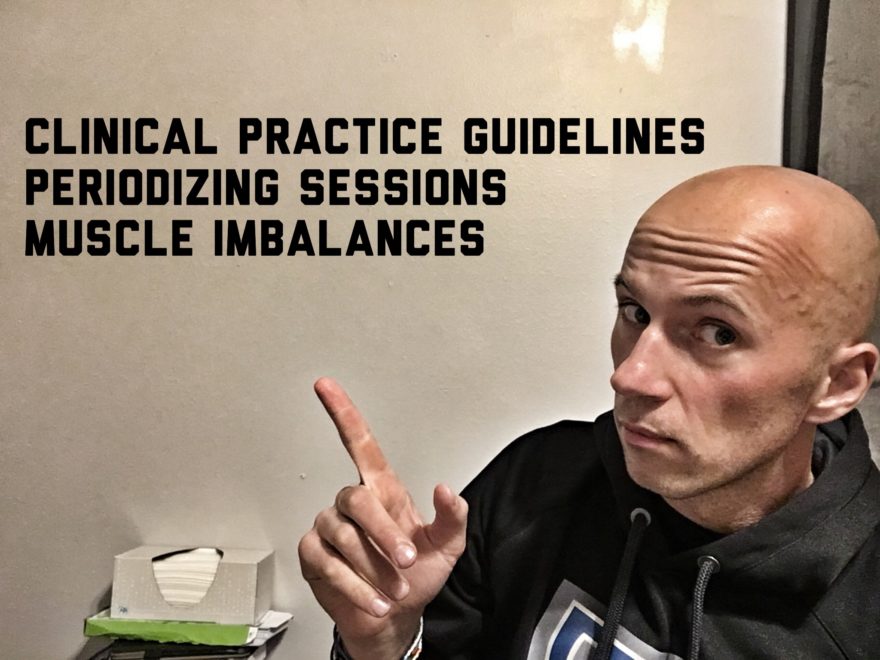Tag: planning

Clinical Practice Guidelines, Periodizing Sessions, and Muscle Imbalances – Movement Debrief Episode 33
Movement Debrief Episode 33 is in the books. Here is a copy of the video and audio for your listening…
How to Design Your Learning Program
Optimal learning takes careful planning. Here’s how.
The 6-Step Method to Reading the Shit Out of Books
What Were We Talking About Again? If there is one thing I’ve struggled with over the years, it’s long-term retention.…
